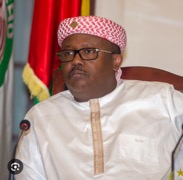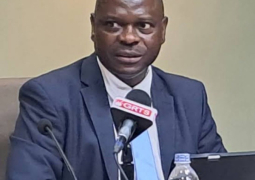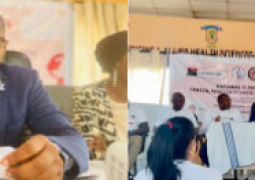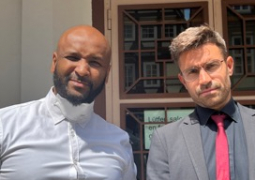
According to Le Monde, Newspaper and online News platform in a surprising statement on Sunday, September 15, President Umaro Sissoco Embaló suggested that he might reconsider his earlier decision not to run for a second term, contingent on the wishes of his supporters. Speaking at a gathering of his political party, Madem G15, Embaló stated, "I had declared that I would not be a candidate for a second term following the advice of my wife and family. But if you think I should reconsider my decision, I am entirely at your disposal. Because I am one of you!" His comments were met with enthusiastic applause from party members.
This marks a shift from his statement made just days earlier, on Wednesday, where he asserted that he would not seek re-election after his current five-year term, which began in February 2020. His initial election was mired in controversy, with opposition parties contesting the results for months. Nevertheless, the international community eventually recognised his presidency.
Guinea Bissau, a former Portuguese colony of about two million people, has been historically unstable, suffering from a series of military and political coups since gaining independence in 1974. It remains one of the world's poorest countries, ranking 158th out of 180 nations in Transparency International's 2023 Corruption Perceptions Index.
Embaló’s potential re-election bid could further shape the political landscape of Guinea-Bissau, which continues to grapple with its entrenched issues of governance and economic challenges. Whether his reconsideration will bring stability or deepen existing divides remains to be seen as the 2025 election approaches.




